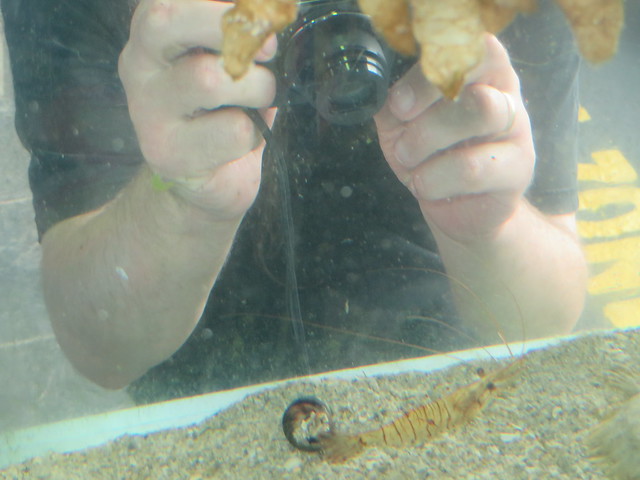I’m doing a MOOC from Futurelearn at the moment with some friends: Social Media Analytics: Using Data to Understand Public Conversations It’s interesting, I am getting to use some familiar software (TAGS) and some new stuff (Tableau), and it’s good to think through all of this with others. One of the topics for this week is the concept of public spaces – how a hashtag can create them. And, as a result of that I’d started thinking about public and private spaces, and conversations I’d had in the past about how, though Twitter is public, sometimes one does not like to join in a conversation one sees as it’s not clear whether those speaking would welcome the intervention, or see it as an intrusion. (For the record, if I am tweeting to some people and others want to chip in, that’s great – that’s one of the reasons I’ll be tweeting and not using email, Facebook, or any of the other more “private” spaces I have.)
But, as I say, the MOOC has got me thinking – and one of the things it’s got thinking about is this: who owns a hashtag? This post has been brewing for a couple of days now – and at the back of my mind was the idea that I’d introduce it by telling a funny story, then something happened that gave me pause. Well, I’ll tell you both stories …
Ages ago, probably when something like a rhizo or a pop up CLMOOC was happening, some of us happened upon a hashtag. You know how it is – you’re chatting, you hashtag your tweet with #SomethingYouThinkAmusingOrApt and think no more about it. Maybe your friends also use the hashtag. Tweets and Tweeps can do that. But not this time. Oh, no. This time was different. As we carried on conversing (without the #AmusingOrApt hashtag), a very angry person replied to us all. Apparently we were USING HER HASHTAG. Hers, just hers. Her hashtag for her personal use. She had bagsied it and that meant that nobody else could use it. NEVER. NOT EVER. Well, as I recall, we ignored her and left her to her solitary tweeting (honestly – she was tweeting onto a void using the hashtag – nobody was replying to her or “liking” her tweets), but it made me think: can somebody really own a hashtag? Can one person, or a group of people, dictate to others how they can and can’t use it? Surely not – that’s just not how Twitter works. But then this happened …
I noticed a Tweet this morning that interested me. It was hashtagged #LTHEChat, and hence came up in one of my columns in TweetDeck. It was about learning and teaching in HE, the person tweeting was an #LTHEChat “regular” as were the others in the conversation. It seemed relevant. I replied, also with the hashtag. That’s how Twitter works. But, then, I got a notification of a reply to us and saw this:
Looks like a great topic for a future #LTHEchat! But perhaps not in the channel for the current one?
— LTHE Tweetchat (@LTHEchat) November 20, 2019
Hmmm. Well, I am not sure. Is that how it works? Do the volunteers behind the “official” Twitter account get to be hashtag monitors? Maybe. The chat happens on Wednesday evenings from 8-9pm, and I can see that part of a facilitator’s role might be to keep conversations roughly on track. Maybe. But does that mean that nobody can use the hashtag for other conversations, at other times? Surely not. So if we, as a community (I think that #LTHEChat is a community now, by the way), want to use the hashtag outwith the regular chat times, should we be policed? Of course, in a sense, nobody can STOP me using any hashtag I want, but if we’re talking about social niceties (which I think I am), then what sort of conventions would we like to see in place, or follow ourselves?
I don’t have hard and fast answers to this. I do think it’s worth talking about. So I am going to publish this now and tweet it. And I am going to hashtag it #LTHEChat. You can tell me if you think I am out of order for doing this.
“Got Hash Tag?” flickr photo by cogdogblog shared under a Creative Commons (BY) license










